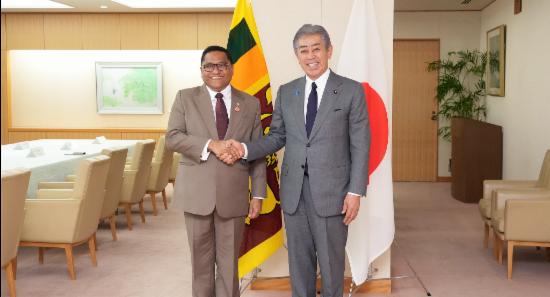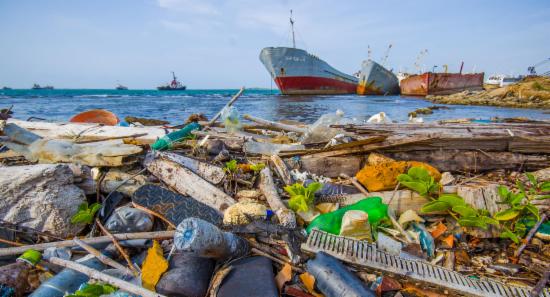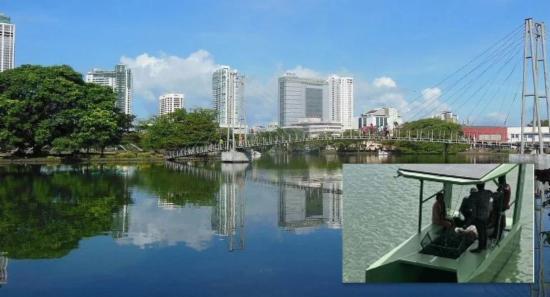.webp)

Debt Restructuring Is Just the Start - Fiscal Discipline Is Key
COLOMBO (News 1st); Sri Lanka’s historic sovereign debt restructuring offers critical lessons for emerging markets, according to an IMF Working Paper titled “Sri Lanka’s Sovereign Debt Restructuring: Lessons from Complex Processes” by Peter Breuer, Sandesh Dhungana, and Mike Li.
The paper underscores that while the restructuring process has stabilized the economy, long-term sustainability hinges on strict fiscal discipline and institutional reforms.
The report traces the roots of the crisis to policy missteps, an overvalued exchange rate, and external shocks, compounded by the COVID-19 pandemic and heavy reliance on international bonds in the 2010s.
These factors culminated in Sri Lanka’s first-ever external debt default in April 2022, triggering a complex restructuring process.
Ambitious EFF Program Design: The IMF-supported program aimed to restore external viability through fiscal consolidation, external adjustment, and debt sustainability targets tailored to Sri Lanka’s unique circumstances.
Complex Creditor Coordination: With a diverse creditor base—ranging from ISB holders to bilateral and multilateral lenders—the absence of a unified forum required a parallel negotiation approach, later supported by an official creditor platform.
Restructuring Milestones: Domestic debt optimization (DDO) was completed in September 2023, followed by agreements with official creditors in early 2024, paving the way for private creditor deals later that year.
Future Risks: The IMF warns that restructuring alone is insufficient. Sustained fiscal prudence, robust public debt management, and alignment of new borrowing with program objectives are essential to regain market access and avoid another crisis.
Other Articles
Featured News





.png )
-809767_550x300.jpg)




-809730_550x300.jpg)



-809496_550x300.jpg)




















.gif)